Getting help with the kids slows down ageing in female birds
Seychelles warblers live and breed in family groups. In each group, a dominant female and male reproduce. When helpers assist the female with incubation and feeding of chicks, the dominant female breeders age more slowly and live longer, a study by biologists from the University of Groningen and colleagues from the Universities of East Anglia, Leeds, Sheffield and Wageningen shows. The results, which are published in the journal Nature Communications, indicate how cooperative breeding – which also occurs in other species, including humans – can increase life span.
The Seychelles warbler lives on tiny Cousin Island in the Indian Ocean, measuring just 500 by 700 meters. Some fifty years ago, only a handful of birds survived. However, conservation efforts have led to a spectacular increase in the population, and new populations have been established by translocating birds to four other islands nearby. ‘There are about one hundred breeding territories on Cousin, each with a dominant male and female and a number of subordinates, which are often the offspring of the dominant pair’, explains University of Groningen biologist Martijn Hammers PhD, lead author of the study.
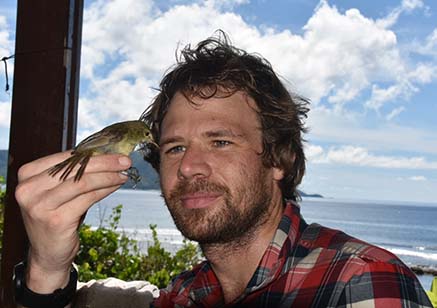
Survival
Inside the groups, some – often female – subordinates may help the dominant female with the demanding tasks of incubation and raising chicks. ‘Not all dominant females get help’, explains Hammers. That is why the Seychelles warbler is well suited to investigate the effect of having helpers on ageing in dominant breeders. Ever since the 1990s, the Seychelles warblers on Cousin Island have been fitted with coloured rings, so scientists are able to follow them over time. Hammers and his colleagues used data on survival and breeding success collected over fifteen years. In addition, they measured the shortening of telomeres, which can be used as a marker of condition and ageing. Telomeres are repetitive DNA sequences at the end of chromosomes, which shorten in response to stress. Telomere shortening is a sign of biological ageing, and in the Seychelles warbler, telomere length predicts survival.
Positive feedback
‘Our analysis showed that in dominant females who get help from subordinates, the shortening of the telomeres is slower than in birds who do not get help. Also, for the older dominant females this help results in much better survival.’ Dominant males do not appear to benefit as much from having helpers, probably because they invest much less energy in breeding. Hammers and his colleagues also discovered a positive feedback system: ‘Birds who get more help age more slowly and live longer. But older birds also tend to be more social and recruit more helpers.’ The helping subordinates are often daughters of the dominant female. In helping their mother, they raise siblings with whom they share genes.
Humans
The study shows how cooperative breeding could increase an individual’s lifespan. ‘Of course, the effects we have measured were within one generation, not between generations.’ Nevertheless, it supports a long held hypothesis that cooperative breeding – which also is the norm in humans – can reduce the cost of raising young and may slow down the negative effects of ageing. ‘It provides an explanation for why more social species tend to have longer lifespans’, Hammers concludes.
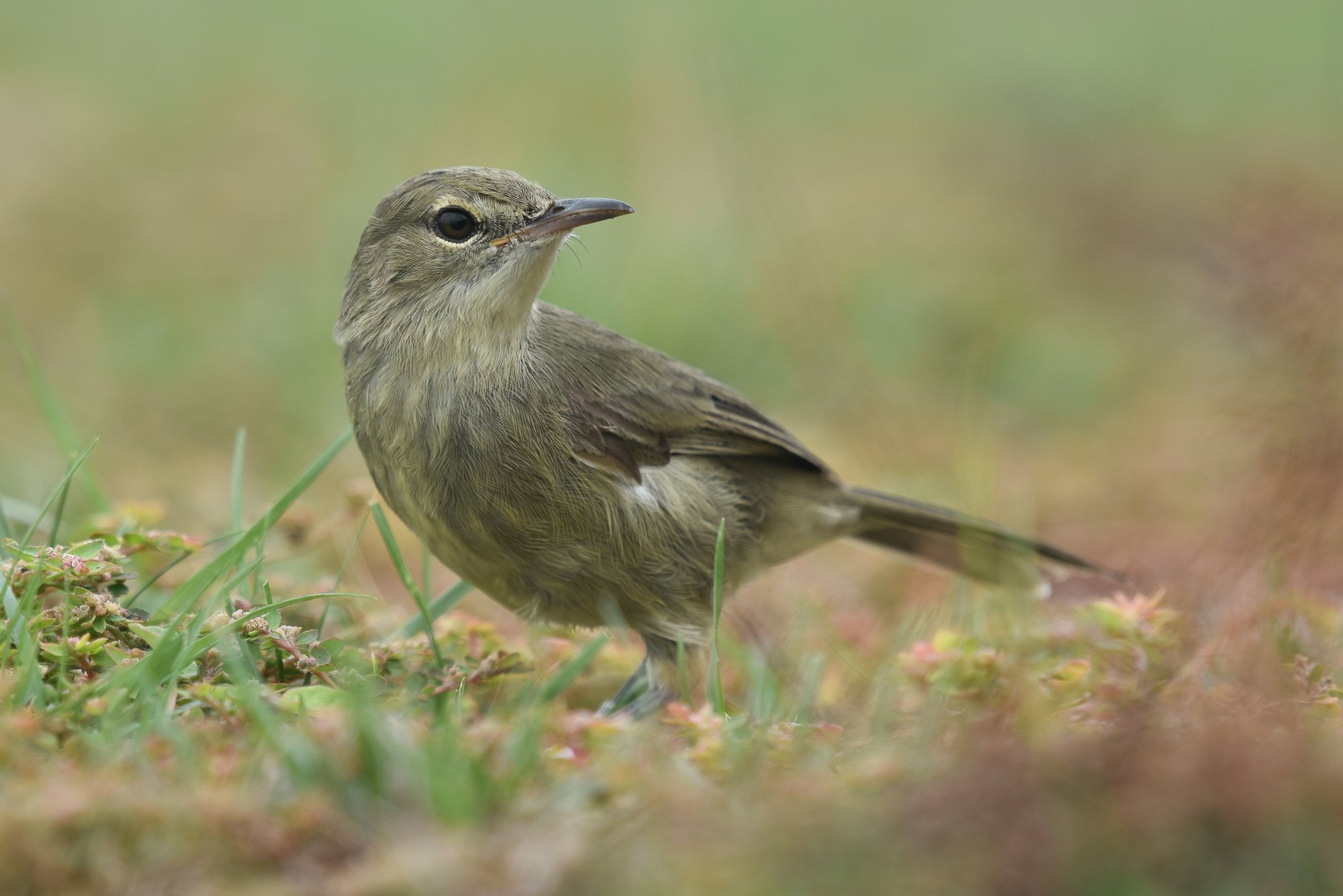
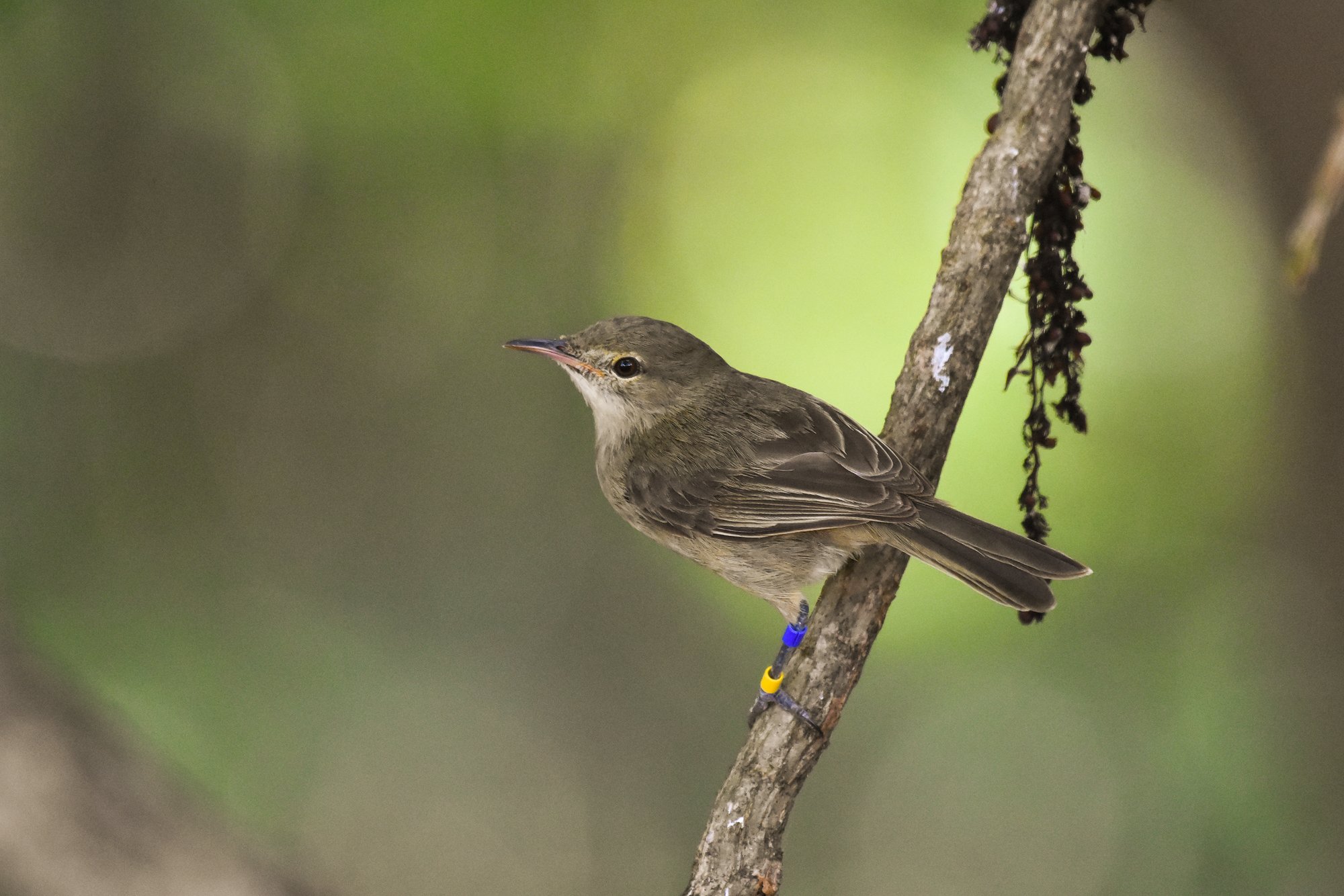
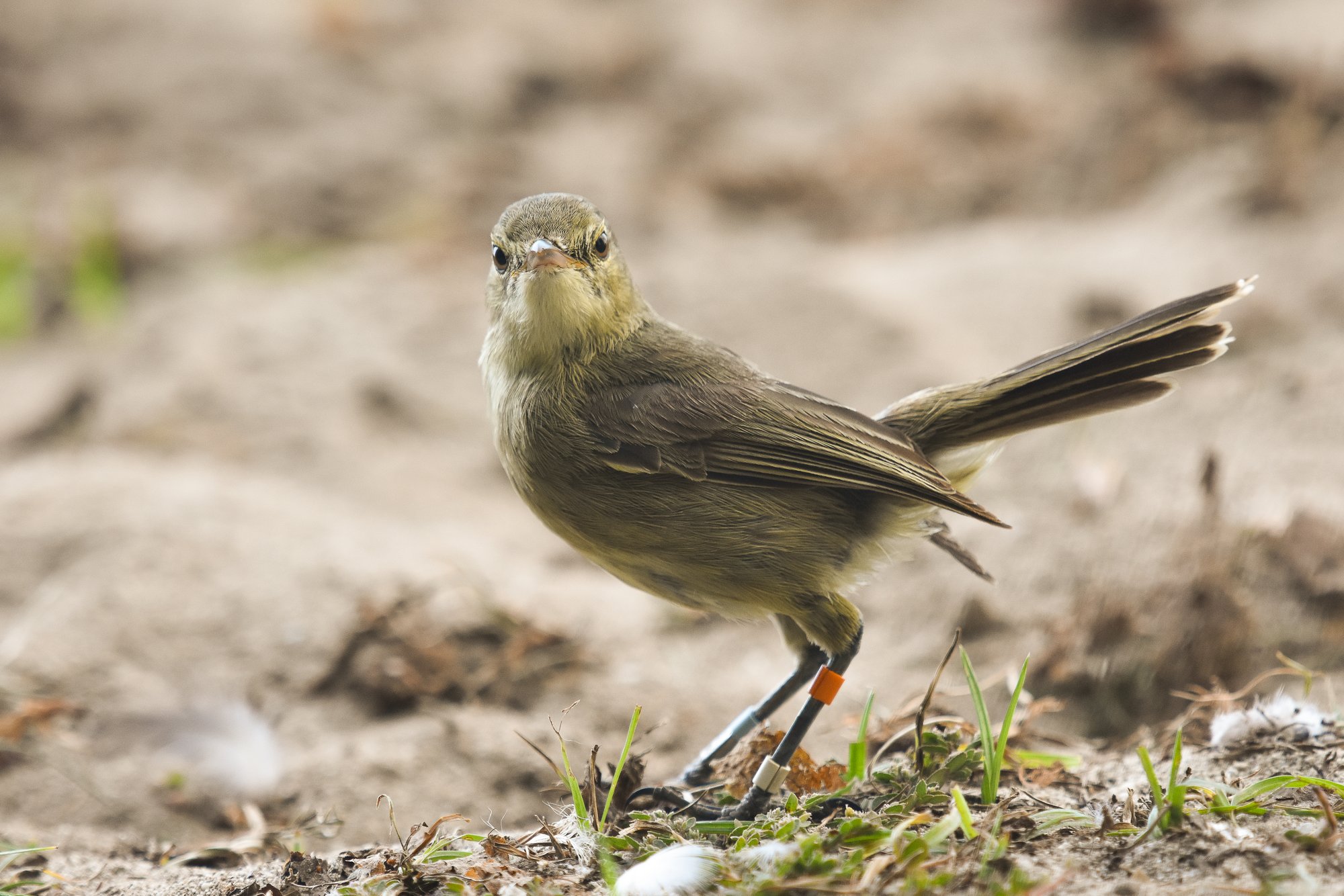
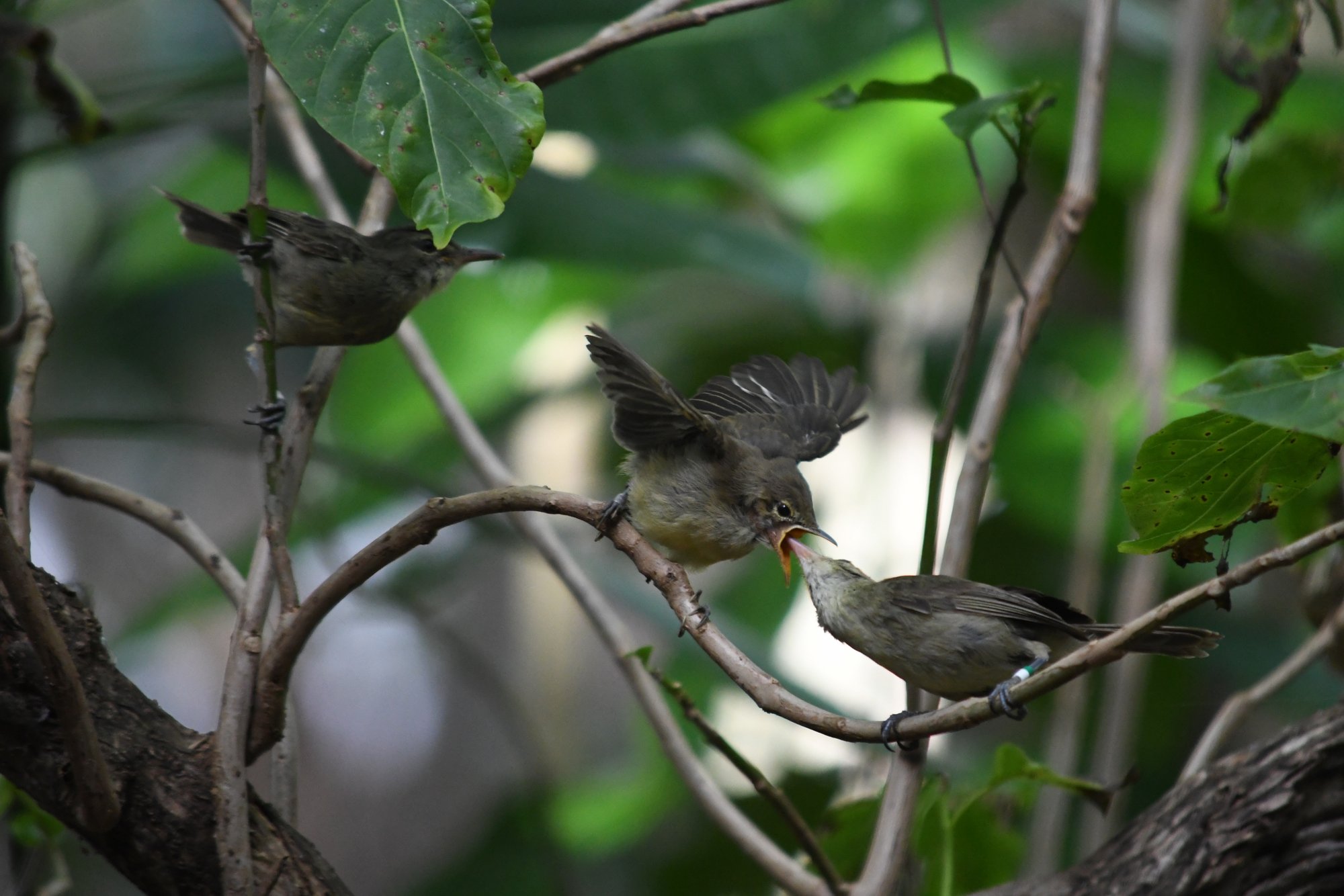
Reference
- Martijn Hammers, Sjouke A. Kingma, Lewis G. Spurgin, Kat Bebbington, Hannah L. Dugdale, Terry Burke, Jan Komdeur and David S. Richardson: Breeders that receive help age more slowly in a cooperatively breeding bird. Nature Communications, 21 March 2019. DOI: 10.1038/s41467-019-09229-3
| Last modified: | 19 March 2020 3.49 p.m. |
More news
-
03 April 2025
IMChip and MimeCure in top 10 of the national Academic Startup Competition
Prof. Tamalika Banerjee’s startup IMChip and Prof. Erik Frijlink and Dr. Luke van der Koog’s startup MimeCure have made it into the top 10 of the national Academic Startup Competition.
-
01 April 2025
NSC’s electoral reform plan may have unwanted consequences
The new voting system, proposed by minister Uitermark, could jeopardize the fundamental principle of proportional representation, says Davide Grossi, Professor of Collective Decision Making and Computation at the University of Groningen
-
01 April 2025
'Diversity leads to better science'
In addition to her biological research on ageing, Hannah Dugdale also studies disparities relating to diversity in science. Thanks to the latter, she is one of the two 2024 laureates of the Athena Award, an NWO prize for successful and inspiring...
